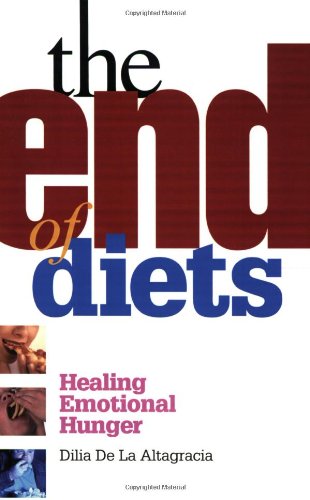 The End of Diets: Heal...
Best Price: $0.99
Buy New $6.92
(as of 11:32 UTC - Details)
The End of Diets: Heal...
Best Price: $0.99
Buy New $6.92
(as of 11:32 UTC - Details)
Imagine a typical lunchtime meal – say, chicken and vegetables with a glass of water.
If you eat the food and drink the water, you will feel full for a couple of hours before hunger kicks in. But if you blend the food with the water – to make soup – you will stay hunger-free for much longer, and less likely to snack through the afternoon.
How can blending the food into soup make such a difference? The answer lies in the stomach. Scientists have used ultrasound and MRI scans of people’s stomachs to investigate what happens after eating solid-food-plus-water meals compared with the same food made into soup.
After you eat a meal, the pyloric sphincter valve at the bottom of your stomach holds food back so that the digestive juices can get to work.
Water, however, passes straight through the sphincter to your intestines, so drinking water does not contribute to "filling you up".
When you eat the same meal as a soup, the whole mixture remains in the stomach, because the water and food are blended together. The scientists’ scans confirm that the stomach stays fuller for longer, staving off those hunger pangs.
The key to this low-tech weapon against hunger is a hormone called ghrelin. It is one of the major players in the body’s appetite system.
Discovered as recently as 1999, ghrelin is released by specialised cells in the stomach wall.
‘Cupcake circuit’
These cells produce a constant stream of ghrelin whenever the stomach is empty. The ghrelin travels via the blood stream to the brain’s appetite centre, an organ called the hypothalamus. As a result, the hypothalamus screams "You are hungry – find food."
But whenever the stomach wall is stretched – when the stomach is full – the cells stop producing ghrelin, and the hypothalamus responds accordingly, turning off the appetite signal. The longer the stomach remains full, the longer you feel satisfied and the less you are likely to eat.
May 27, 2009





